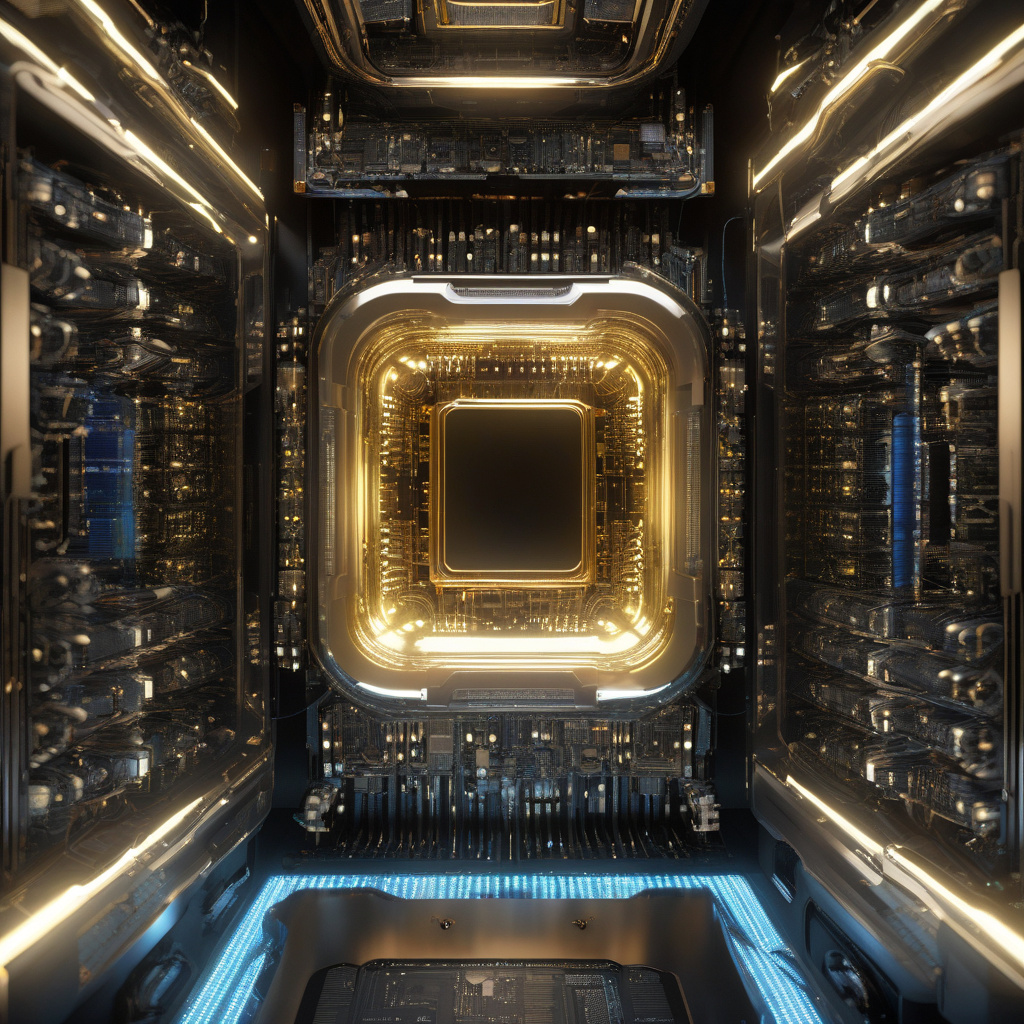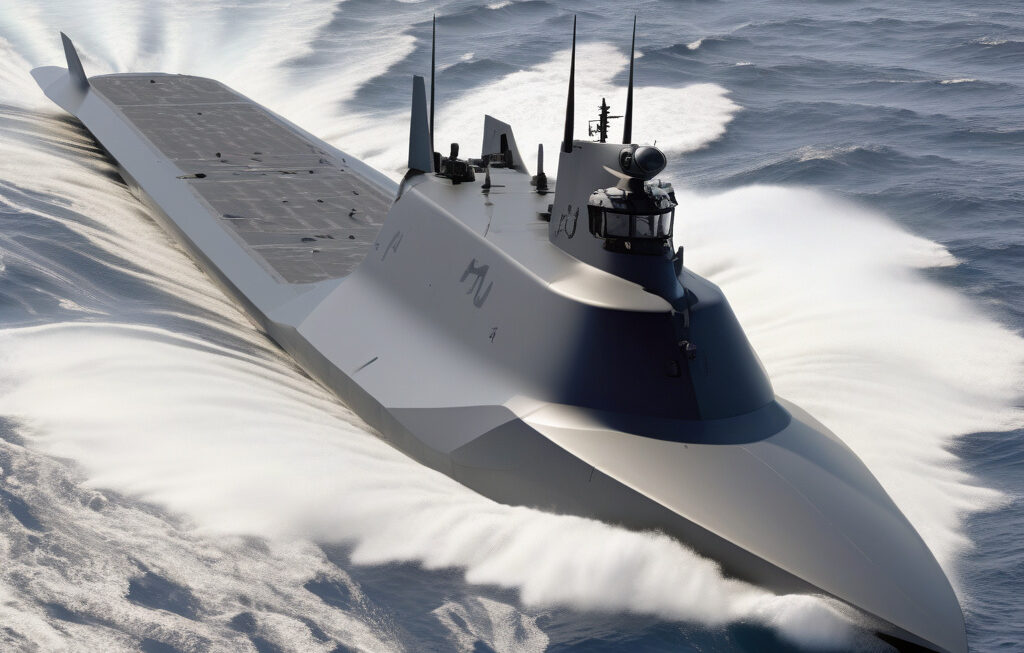US-built Quantum Computer Outshines World’s Top Supercomputers in Key Tests
In a groundbreaking display of technological advancement, a U.S. researcher recently demonstrated the superior capabilities of a quantum computer over the world’s most powerful supercomputers. This achievement marks a significant milestone in the realm of quantum computing, highlighting its potential to revolutionize various industries and scientific fields.
During the demonstration, the quantum computer showcased its ability to outperform traditional supercomputers in key tests that involved solving complex problems at unprecedented speeds. This feat underscores the immense computational power and efficiency that quantum computers can offer, paving the way for a new era of innovation and discovery.
Quantum computers leverage the principles of quantum mechanics to perform calculations using quantum bits or qubits. Unlike classical computers that use bits to process information in binary form (0s and 1s), quantum computers can harness the unique properties of qubits, such as superposition and entanglement, to perform computations at a scale and speed that surpass classical systems.
The superior performance of the U.S.-built quantum computer in comparison to top supercomputers underscores the transformative potential of quantum technology. With the ability to tackle complex problems that are beyond the reach of classical computers, quantum computers hold the key to unlocking new possibilities in areas such as cryptography, drug discovery, materials science, and optimization.
One of the most remarkable aspects of quantum computing is its ability to solve optimization problems exponentially faster than classical computers. This capability has significant implications for industries that rely on complex optimization tasks, such as logistics, finance, and artificial intelligence. By harnessing the power of quantum algorithms, organizations can streamline operations, reduce costs, and drive innovation at a pace previously thought unattainable.
Furthermore, quantum computers have the potential to revolutionize the field of artificial intelligence by accelerating machine learning algorithms and enabling the development of more advanced AI models. The ability of quantum computers to process and analyze vast amounts of data in parallel can lead to breakthroughs in pattern recognition, natural language processing, and other AI applications.
As the U.S.-built quantum computer continues to outshine traditional supercomputers in performance tests, researchers and industry experts are increasingly optimistic about the transformative impact of quantum technology. Investment in quantum computing research and development is on the rise, with governments, tech giants, and startups recognizing the strategic importance of quantum capabilities in driving future innovation and competitiveness.
In conclusion, the recent demonstration of a U.S.-built quantum computer surpassing the world’s top supercomputers in key tests signals a major milestone in the advancement of quantum computing. As quantum technology continues to evolve and mature, its potential to revolutionize industries, solve complex problems, and drive innovation is becoming increasingly apparent. The era of quantum computing is on the horizon, offering a glimpse into a future where computational boundaries are pushed beyond imagination.
quantum computing, supercomputers, technological advancement, innovation, artificial intelligence












